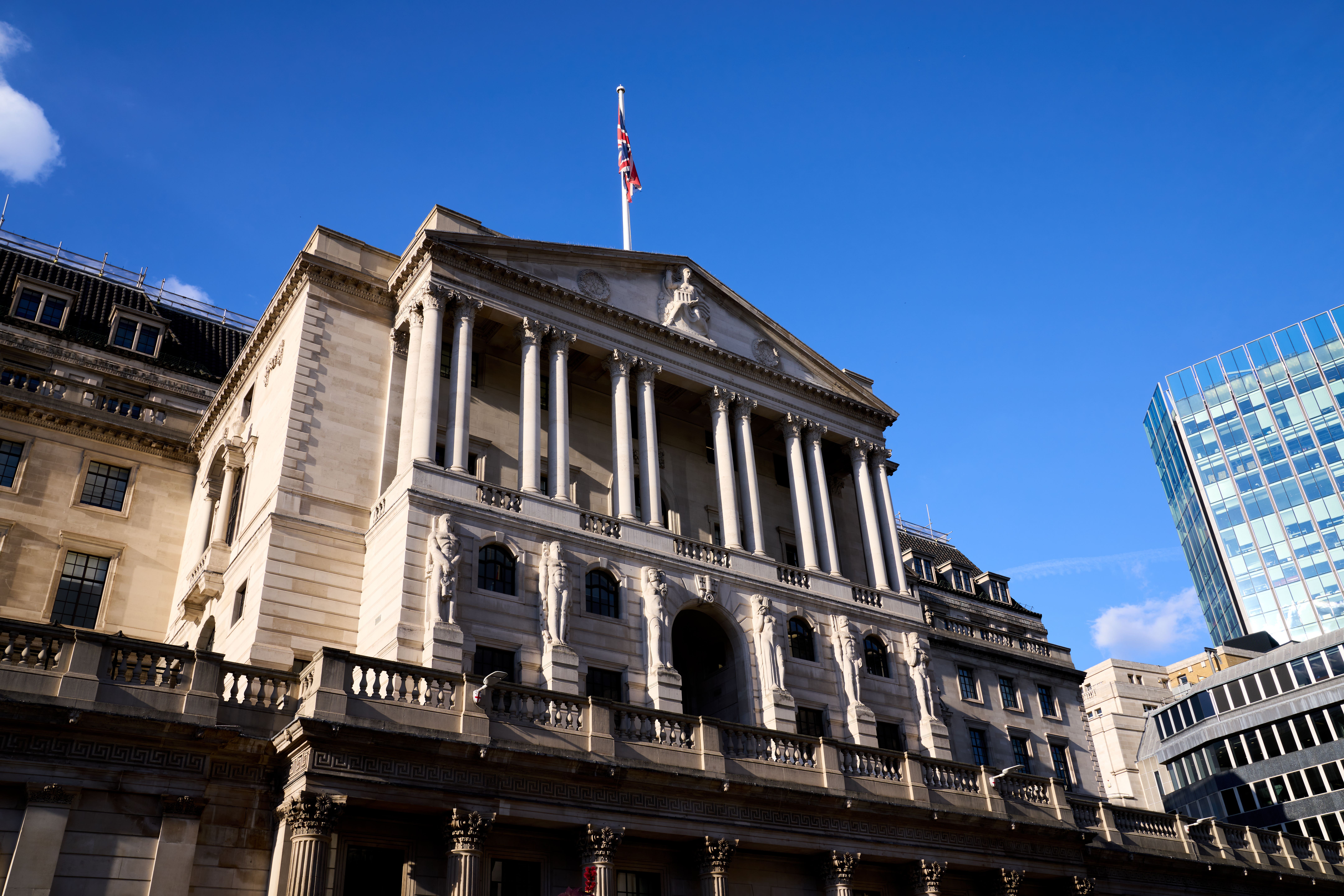New frontier for payments could be created, Bank of England boss tells MPs
New technologies could make ‘micropayments’ easier or enable people to programme money so it can only be used in certain ways, Sir Jon Cunliffe said.

Your support helps us to tell the story
From reproductive rights to climate change to Big Tech, The Independent is on the ground when the story is developing. Whether it's investigating the financials of Elon Musk's pro-Trump PAC or producing our latest documentary, 'The A Word', which shines a light on the American women fighting for reproductive rights, we know how important it is to parse out the facts from the messaging.
At such a critical moment in US history, we need reporters on the ground. Your donation allows us to keep sending journalists to speak to both sides of the story.
The Independent is trusted by Americans across the entire political spectrum. And unlike many other quality news outlets, we choose not to lock Americans out of our reporting and analysis with paywalls. We believe quality journalism should be available to everyone, paid for by those who can afford it.
Your support makes all the difference.New technologies could help to open up a “new frontier” for payments and the way in which money is used, a Bank of England boss has told MPs.
Sir Jon Cunliffe, deputy governor for financial stability at the Bank of England, was giving evidence to the Treasury Committee.
A recent consultation paper from the Treasury and the Bank said it is likely that a “digital pound” will be needed in the future.
Sir Jon told MPs that “programmable money” and a greater use of “micropayments” could be among the possibilities.
He said: “This is not about, here is a particular thing we think it needs to be done, this is about opening a new frontier for people to improve payments and the way in which money is used, in how we transact.
“Some examples might be micropayments. This would be much, much easier for you to make very, very small payments.
“So if you wanted to read an article in a newspaper you wouldn’t have to subscribe to the newspaper, you could pay tiny fractions to do that.
“This might be about automated delivery versus payment systems, where rather than pay for something on the internet, and then when it doesn’t arrive try and get your money back, actually scan a barcode when it delivers on your door, and the funds get locked in advance and the merchant knows that there will be automaticity.”
He added: “This might be about allowing users to programme their money so it is used in certain ways and can’t be used in other ways.
“We can configure payments to an extent now but actually it’s quite clunky and they’re quite blunt instruments, whereas programmable money would enable much more differentiation and variation in that.
“Could we do those with developments of the existing system? I’m not a technologist. Theoretically I think it’s possible.
“But the way the current system is constructed, the multiple ledgers, the technology that is used, the lack of uniformity, the restrictions on speed, all suggest that it is unlikely that would match using some of these new technologies.
“Will they be developed? I don’t know. Technologies sometimes look very promising and fall by the wayside, sometimes they combine in ways you cannot imagine… what we want to do is open up that frontier.”
The Treasury has previously said that any digital pound would exist alongside – rather than replace – cash and bank deposits, meaning people could continue to own cash if there is still a demand.
Technologies sometimes look very promising and fall by the wayside, sometimes they combine in ways you cannot imagine... what we want to do is open up that frontier
Asked by the committee, on a scale of one to 10, how likely it is that a digital bank central currency will be needed, Sir Jon said: “I’d say, I’m not sure it would be helpful to put a number on it… I’d just say it’s more likely than not.”
Pressed on whether the number would be six out of 10, he said: “Well, we’re talking more than five.”
He later said: “The difficulty we have with this, is that if we just wait until it’s nine out of 10, we’re five years away, at least.
“These are big projects… this would be a very serious thing that would have to be resilient, fraud-proof, secure.
“If we just wait until we say OK now we think it’s needed, we will be five years behind.”